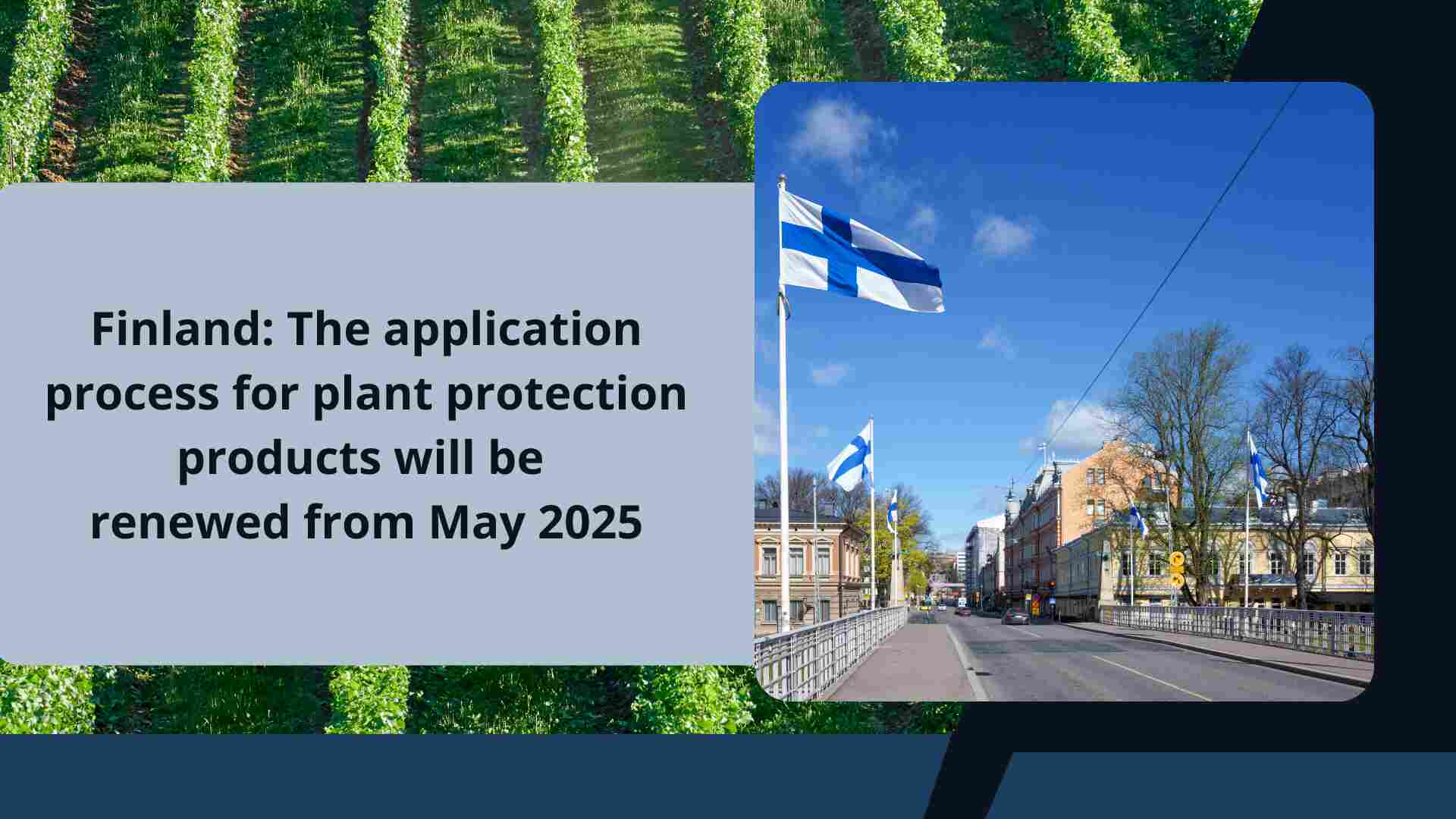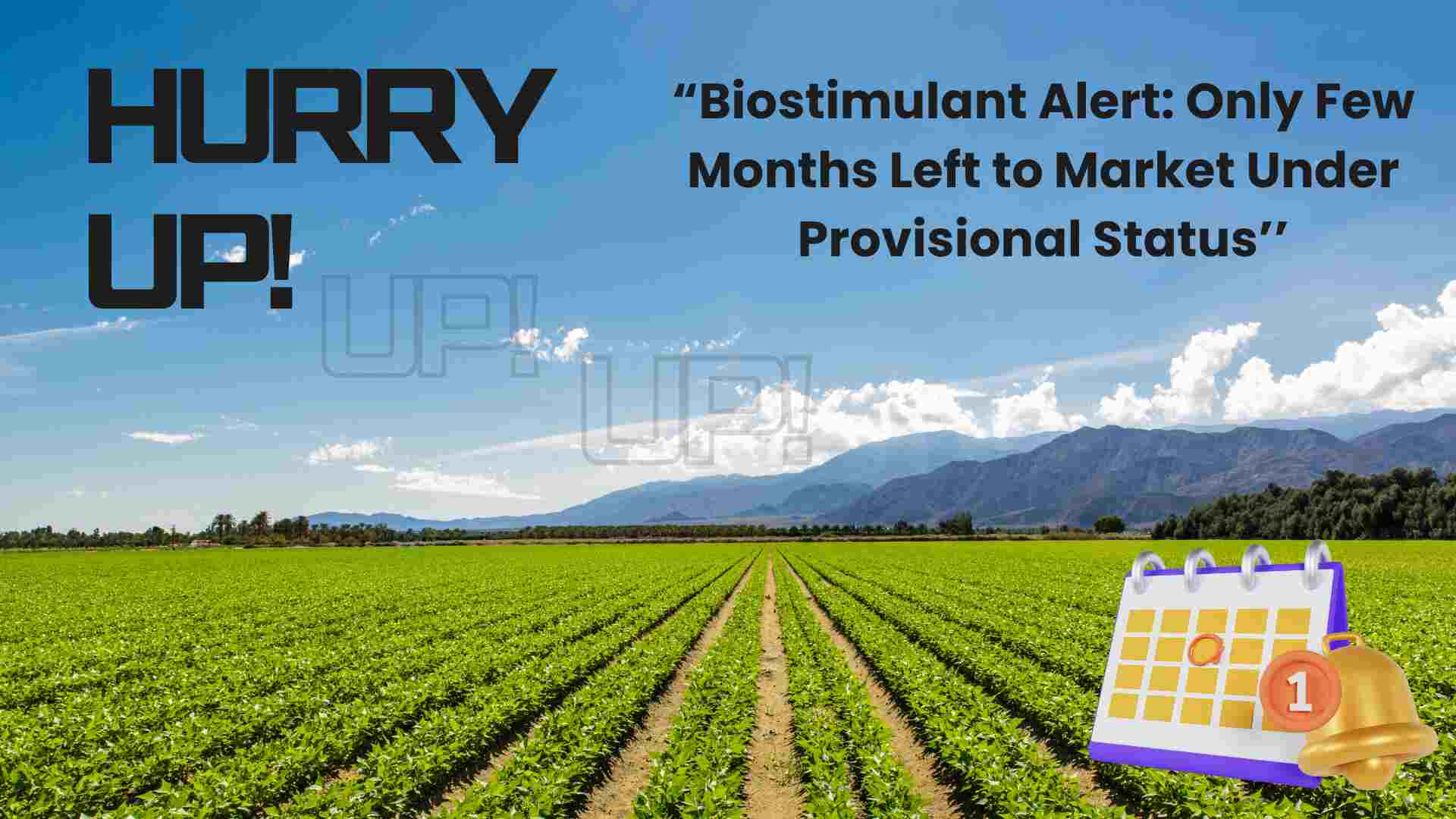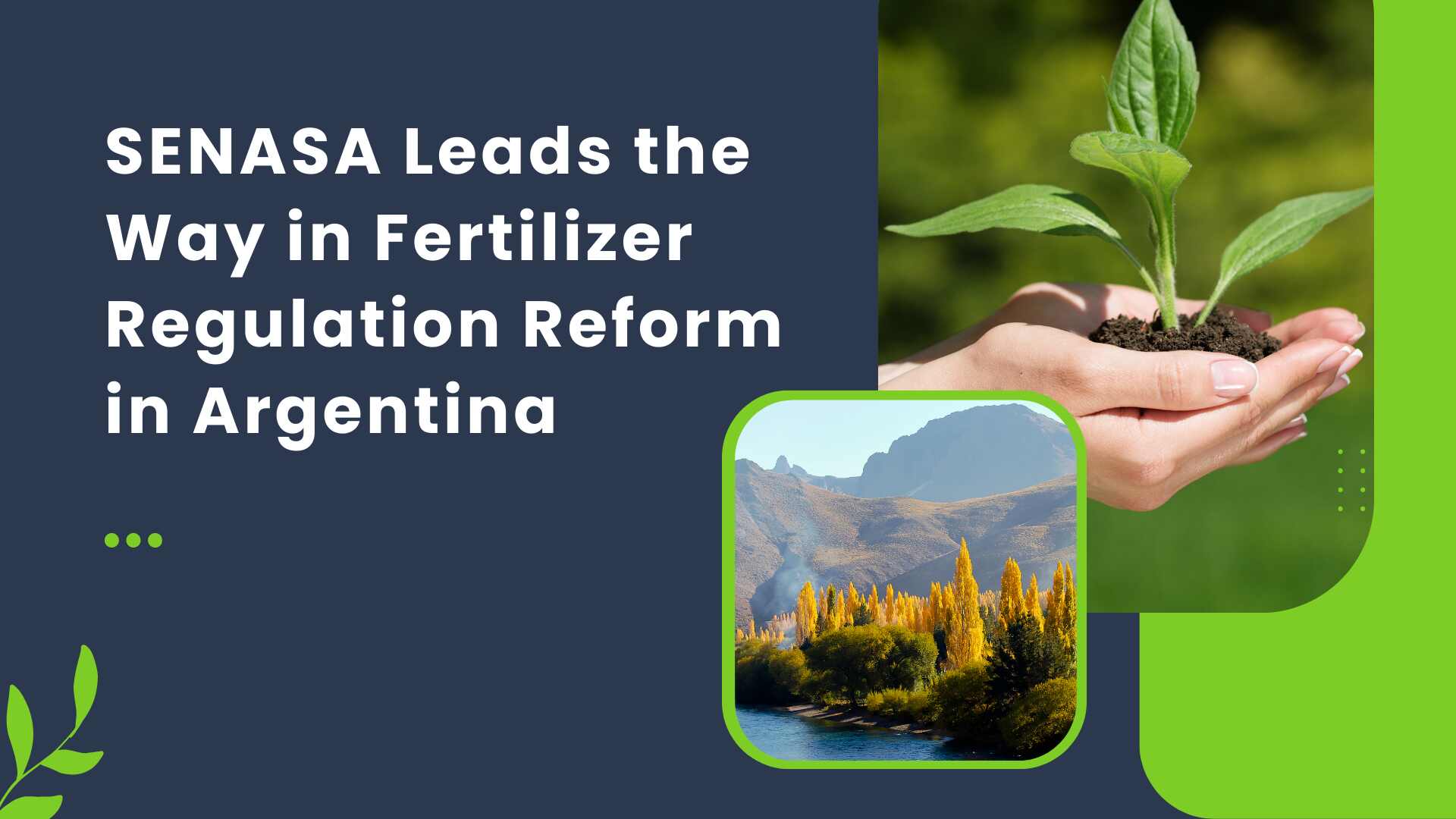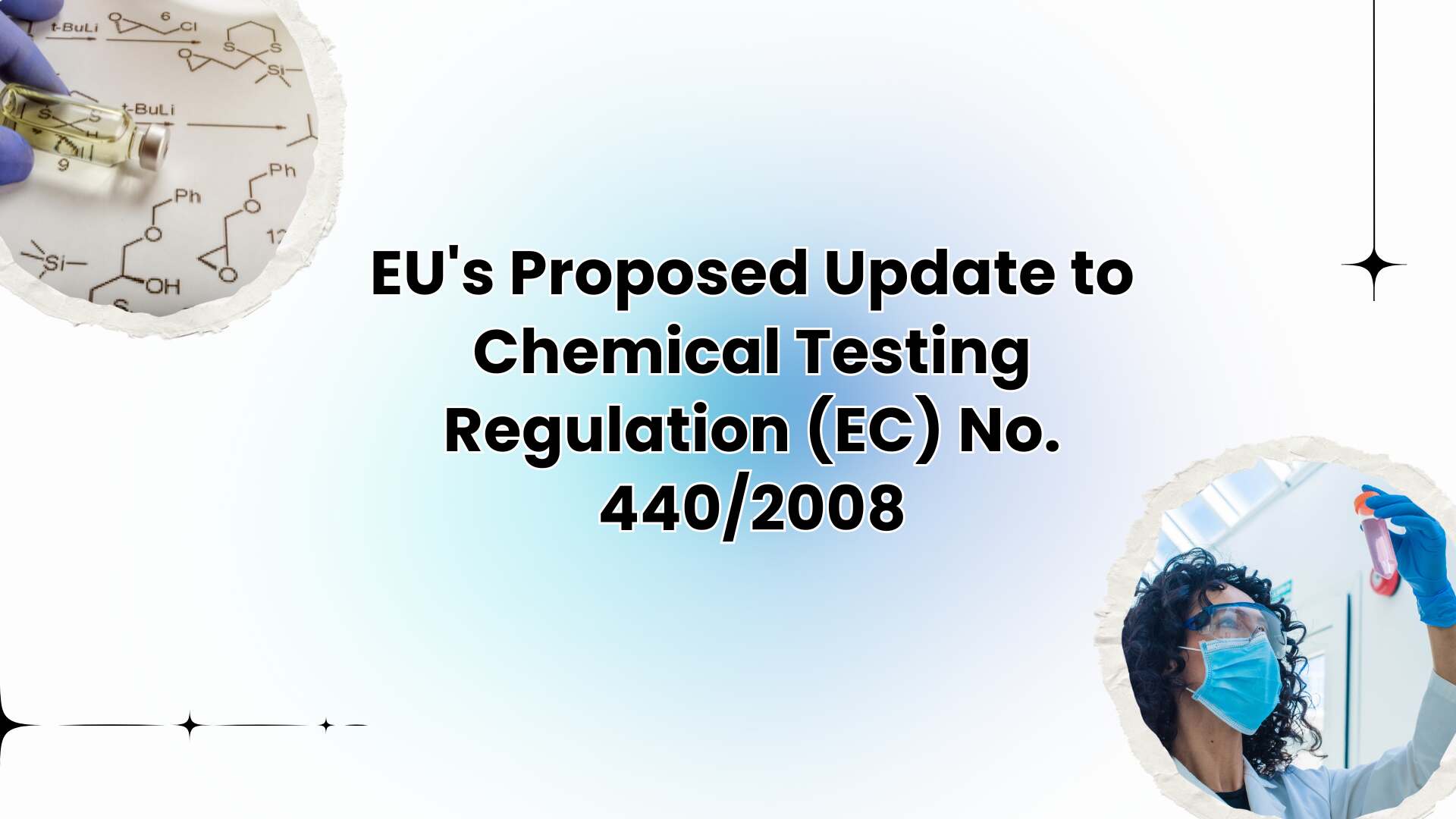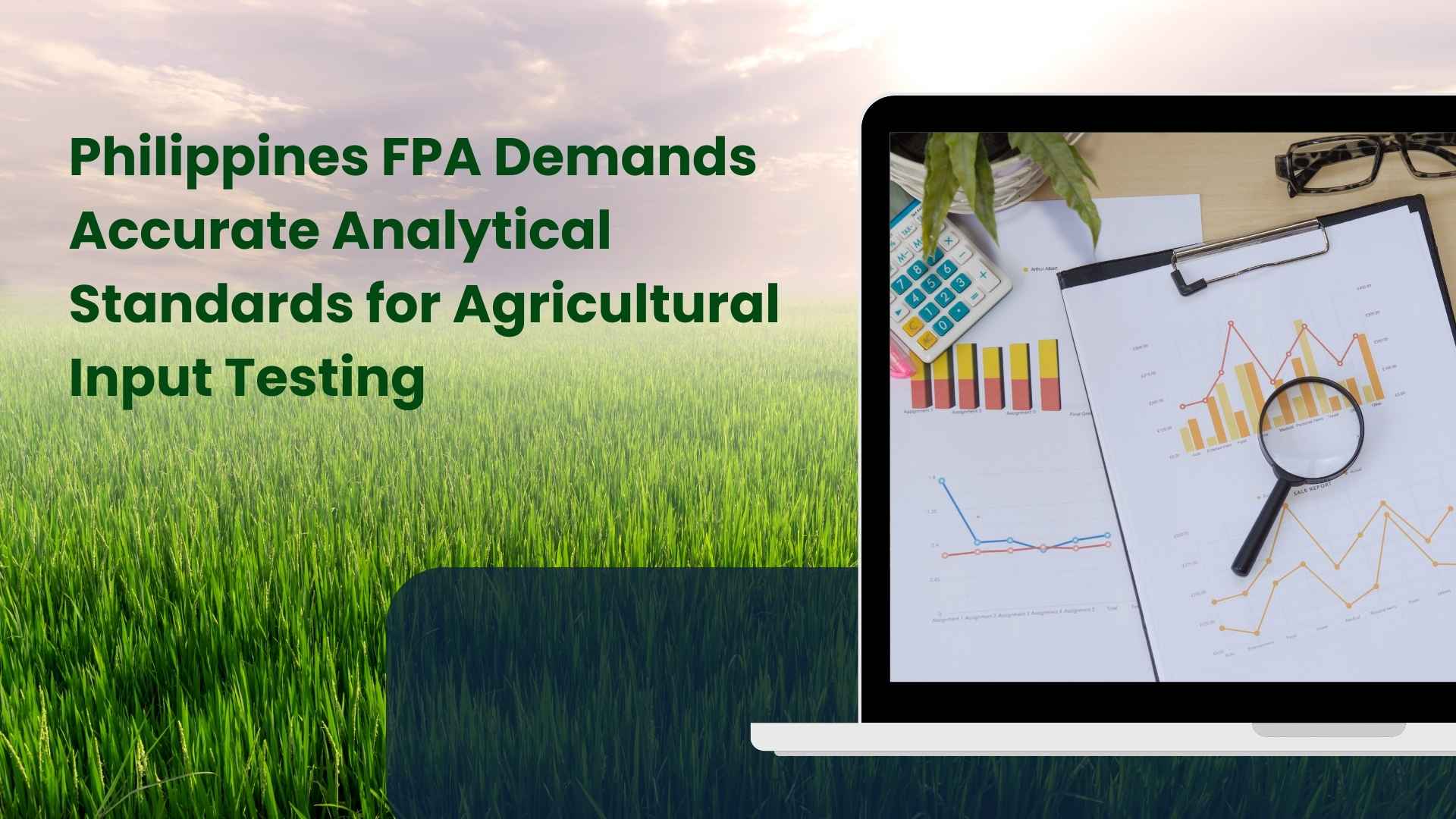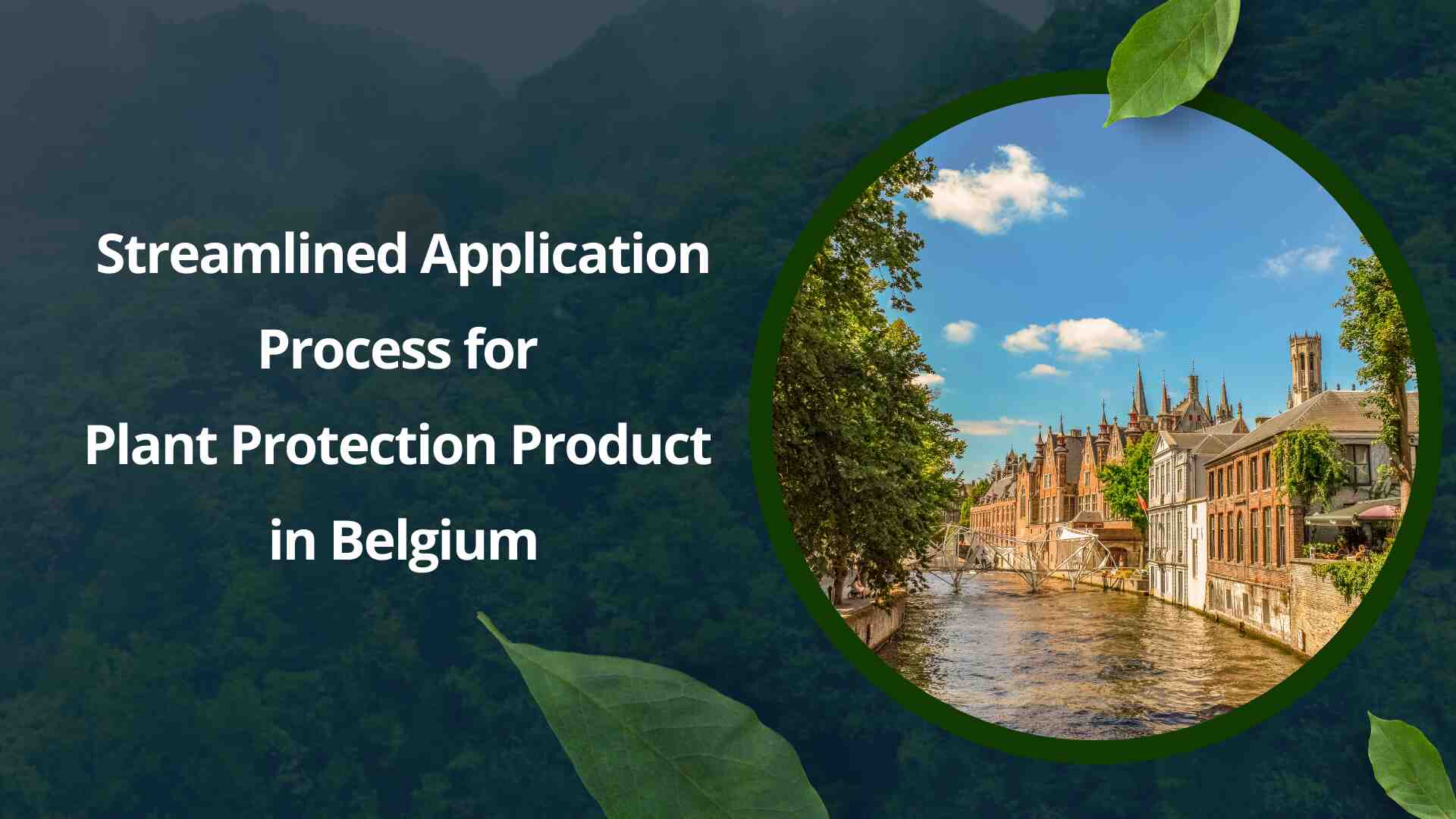The new regulations are based on the latest scientific developments and microorganism properties
European union has finalized the amended version of regulations regarding biopesticides on (EU) Nos. 546/2011 and 1107/2009 (Annex II) lay out standardized principles and criteria for assessing and authorizing plant protection products and microorganism active substances, regulation (EU) No. 283/2013 and (EU) No 284/2013 lay out the information to be submitted for active substances and plant protection products containing micro-organisms origin respectively.
Effective date of these amendments is 21.11.2022 as listed in (EU) 2022/1438 of 31 August 2022 amending Annex II to Regulation (EC) No. 1107/2009 of the European Parliament and of the Council as regards specific criteria for the approval of active substances that are micro-organisms.
New regulations comply with ‘Farm to Fork strategy’ and ‘European Green Deal’.
European commission stated that “The new rules will facilitate the approval of micro-organisms for use as active substances in plant protection products and the authorisation of products containing them. The purpose being that farmers across the European Union have better access to biological alternatives to chemical pesticides and can protect their crops in a more sustainable manner”.
Check out some of the key highlighted points mentioned in finalised documents-
They have replaced the term microbial active substance to ‘Microbial Pest Control Agent (MPCA)’.
The number of requirement of studies has been reduced. In this case mostly ‘the weight of evidence, approach with justification shall be followed.
The amended version focuses on identifying, taxonomizing, and phylogeny of the microorganism, as well as its origin, occurrence, and history of use.
It also gives clarity about dossier submission shall be done in accordance with Part A if the active substance is a chemical substance (including both semiochemicals and extracts from biological material), or a metabolite produced by a micro-organism.
To provide information on development of resistance in case of provision of data is required, such data may be generated in experimental studies (either in laboratories or under field condition) or retrieved from available scientific literature or else information already submitted for the active substance under point 3.4 of Part B of the Annex to Regulation (EU) No 283/2013 are sufficient to permit an assessment to be performed.
Data from peer-reviewed scientific literature has now been recognized as an essential component of microbial dossiers.
It is important to include scientific knowledge on micro-organisms when assessing the risks posed by active substances that contain micro-organisms.
To better reflect the latest scientific developments and the specific biological properties of micro-organisms, while maintaining a high level of protection of human and animal health and of the environment, it is therefore necessary to adapt the existing data requirements accordingly.
The intention is to highlight the differences between biological and chemical substances in terms of usage and unique properties.


